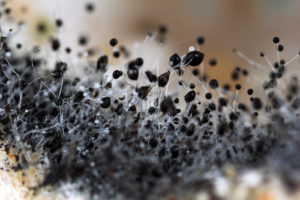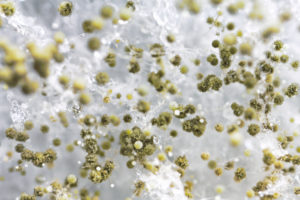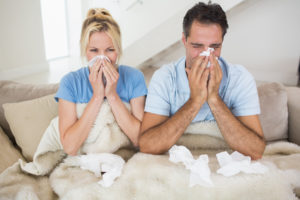A First Hand Experience with Mold Contamination

Mold Contamination
While there has been a great deal written about the problem of mold contamination, nothing is as powerful as hearing a story first-hand. Lee Ann and Kurt Billings wrote their book MOLD: The War Within to share their experiences and findings with others.
Tested Tips for Dealing with Mold Infestation
The Billings book relates a number of practical suggestions based on solutions they used to fight their own mold problem:
• Install a HEPA air purifier in each bedroom for clean sleeping. If that’s a bit of a stretch for your budget, create a temporary communal sleeping room as the Billings family did until they could purchase enough purifiers.
• Open doors and windows whenever possible to minimize exposure to mold and spores.
• Sugar and grains can cause fungi in the body to multiply. Eliminate consumption of these items and choose a diet rich in organic vegetables along with antibiotic- and hormone-free lean meats.
• Become a “food detective” and learn as much as possible about peanuts, corn and other foods that are potential sources of mycotoxins. Don’t rely strictly on labels – that can be misleading.
• Invest in a juicer. Drinking juices made from fresh, organic fruits and vegetables changes the alkaline level in your body, making it difficult for mold and fungi to take hold. For best results, consume the juices within 15 minutes of preparation.
Is Your Home or Office in Need of NYC Mold Treatment?
Did you know you can have a reaction to mold exposure even if you haven’t previously suffered from allergies? Contact Stern Mold to learn more about our non-invasive, eco-friendly NYC mold treatment and schedule your free mold inspection.




